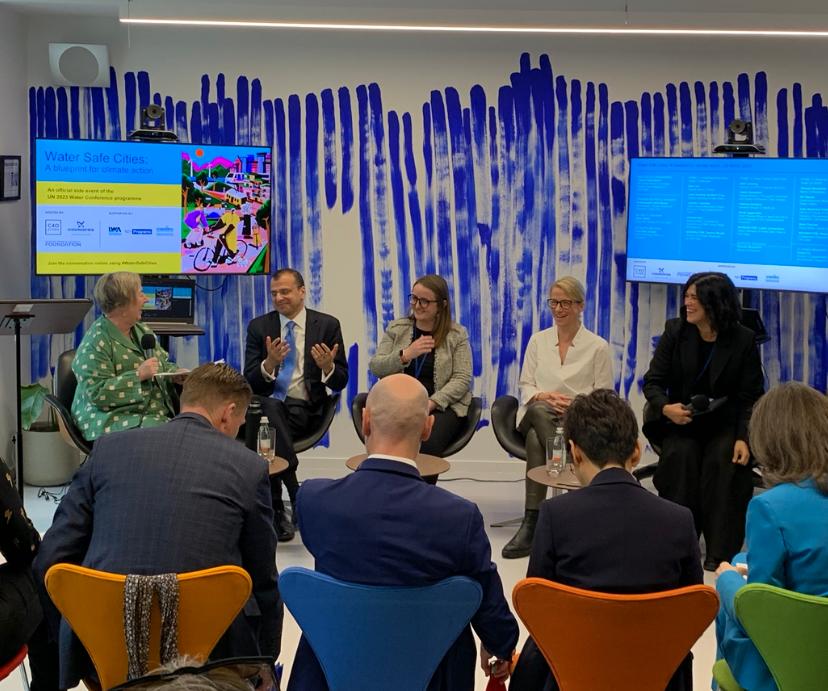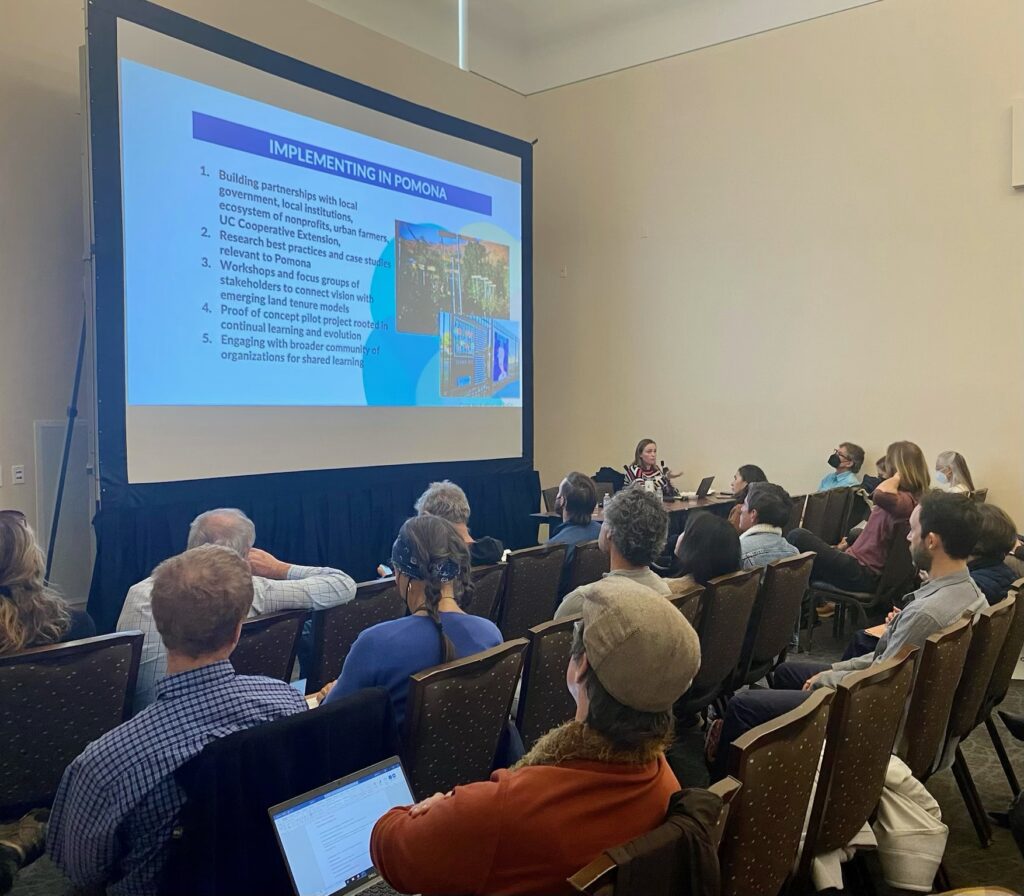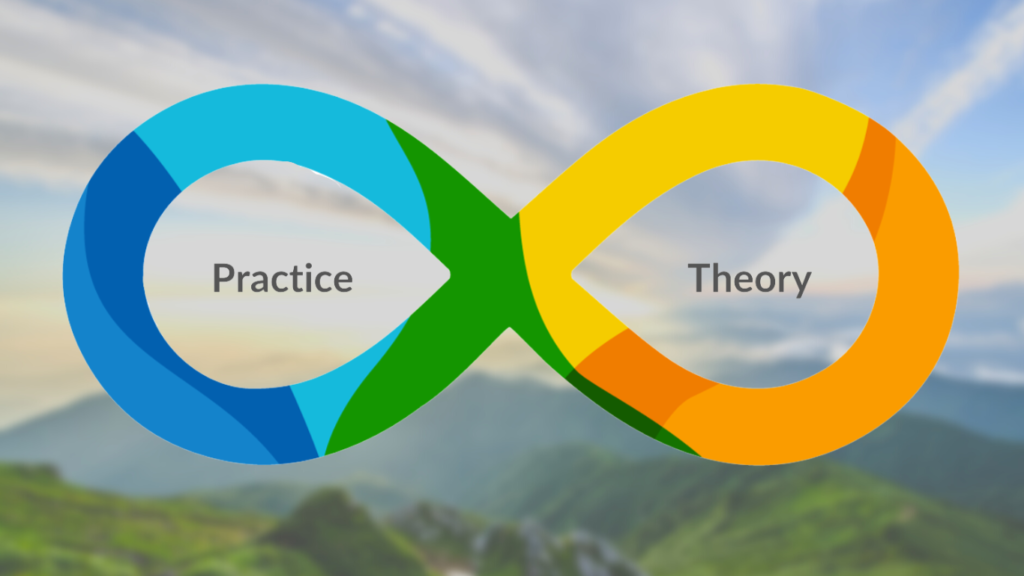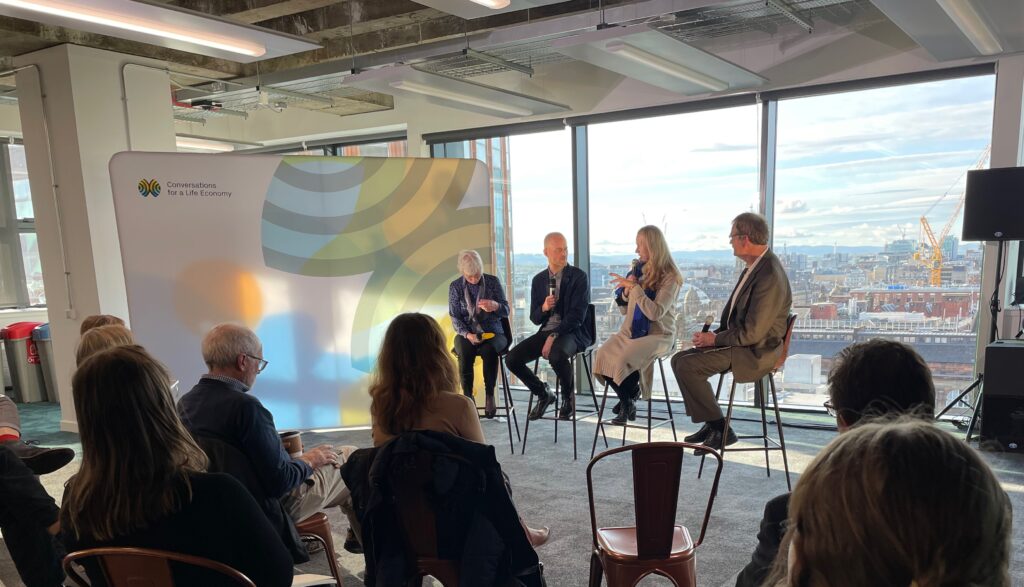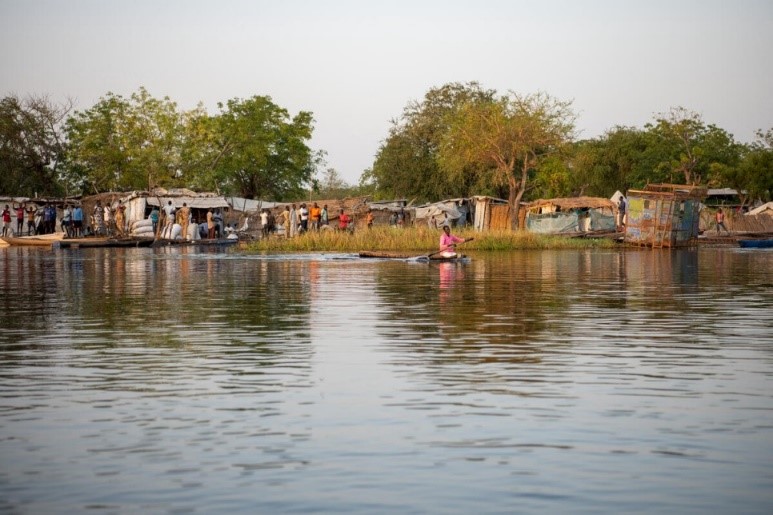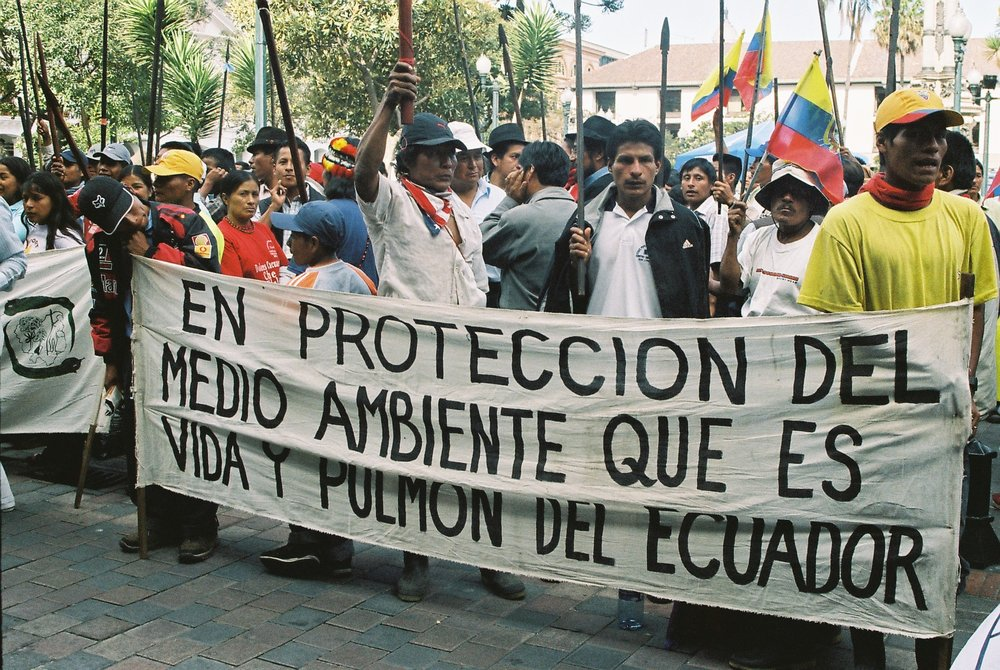Blog
EcoCiv Reflects on the UN Water Conference
In March 2023, the UN hosted its first water conference in nearly 50 years and the Institute for Ecological Civilization was invited to attend! The conference focused on the UN’s…
Read MoreEcoCiv at the 7th California, Climate & Agriculture (CalCAN) Summit
Across the U.S., collaborative partnerships are being built on the belief that long-term land tenure is key to food security and climate justice. As new land tenure strategies based on…
Read MoreLearning for Impact Initiative Launch
EcoCiv has recently launched a new initiative, Learning for Impact (LFI). This initiative represents an intentional effort on EcoCiv’s part to become a “learning organization”. Sitting within the IDEAS Hub,…
Read MoreEcoCiv and the UN: Our Special Consultative Status
In 2021, the United Nations Economic and Social Council (ECOSOC) granted the Institute for Ecological Civilization special consultative status. What does this mean for our organization? We can now have…
Read MoreDrinking Water for Today and Tomorrow: South Sudan’s National Training Program
African countries such as South Sudan contribute the least amount of global greenhouse gas emissions but disproportionately feel the effects of climate change. Last year, floods in the country affected and displaced…
Read MoreGranting Rights to Nature
The United Nations’ Universal Declaration of Human Rights states that humans have integral rights that must be protected. However, where does nature stand? Does it have a legal basis to…
Read MoreBringing Humanity Back to an Economy
In today’s society, the term ‘economy’ refers to people thinking individually to pursue capital gain. This removes a sense of community and partnership from current economic models, reducing the power…
Read MoreRefugees in the Climate Crisis
In a constantly changing climate, people must transform – whether that be by adapting to their new environment or finding another place that is better suited to their needs. Movement…
Read MoreAgrifood Systems: Moving Beyond Binaries
The newly launched Agrifood Systems Program supports localized partners who are working at the intersection of socially equitable and ecologically-rich food and agriculture systems, and connecting them to global resources…
Read MoreLocalization and Climate Adaptation: Different and Urgent Processes
Caption: Participants at the 2020 “Cities Facing Escalating Water Shortages” conference in Cape Town, hosted at the University of the Western Cape. The conference facilitated six teams to prioritize intervention…
Read More
